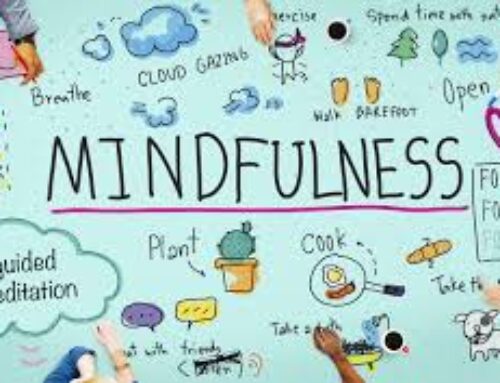
What do you think of when you hear the term self-care? Is it a warm bubble bath with a glass of wine? Maybe it’s a cozy blanket, a cup of hot chocolate and a good book; or even getting out of the house for a quick walk. While all of these can be great forms of showing yourself kindness, sometimes self-care extends beyond life’s simple comforts. Self care after trauma can feel like a daunting task. Just contemplating self-care can feel anxious and undeserving. Through this series, I hope to help you challenge those feelings while also offering activity suggestions for you to do at your own pace and level. But first, let’s define what self-care is and why it is important.
Let’s start with debunking one myth of self-care: Self-care is NOT selfish. In fact, it is a healthy thing that people can engage in to restore emotions and show respect for themselves. It is also necessary to be the best versions of ourselves. Self-care is an intentional act of meeting one’s emotional, physical, and spiritual needs. It may include small tasks such as reading a book, exercising, or sleeping in, but it can also be something that will have a more long-lasting effect such as setting boundaries, going to your routine physician, or asking for help.
If self-care is so restorative, why can it be so difficult to do?
Trauma complicates things. Self-care after trauma is difficult to prioritize. Generally, someone’s traumatic experience(s) leaves them with a negative self-concept or a negative world view. Self-blame and shame are common symptoms with trauma and often result in feeling undeserving of caring for oneself. However, while it can be very difficult, it’s also extremely important that we work to rewrite our story and train our brains to accept the compassion that we as humans need. The more we give in to our negative thoughts and continue down the pathway of isolation, people-pleasing, or even self-harm, the harder it is to break free from that cycle and at least try to be kind to ourselves.
Below are 10 simpler forms of self-care that you can do right from where you’re sitting, even if you are fighting trauma symptoms. If it feels difficult, that’s okay. Practice. Try.
Madison Reese is an LCMHCA with The Mindly Group, PLLC.









